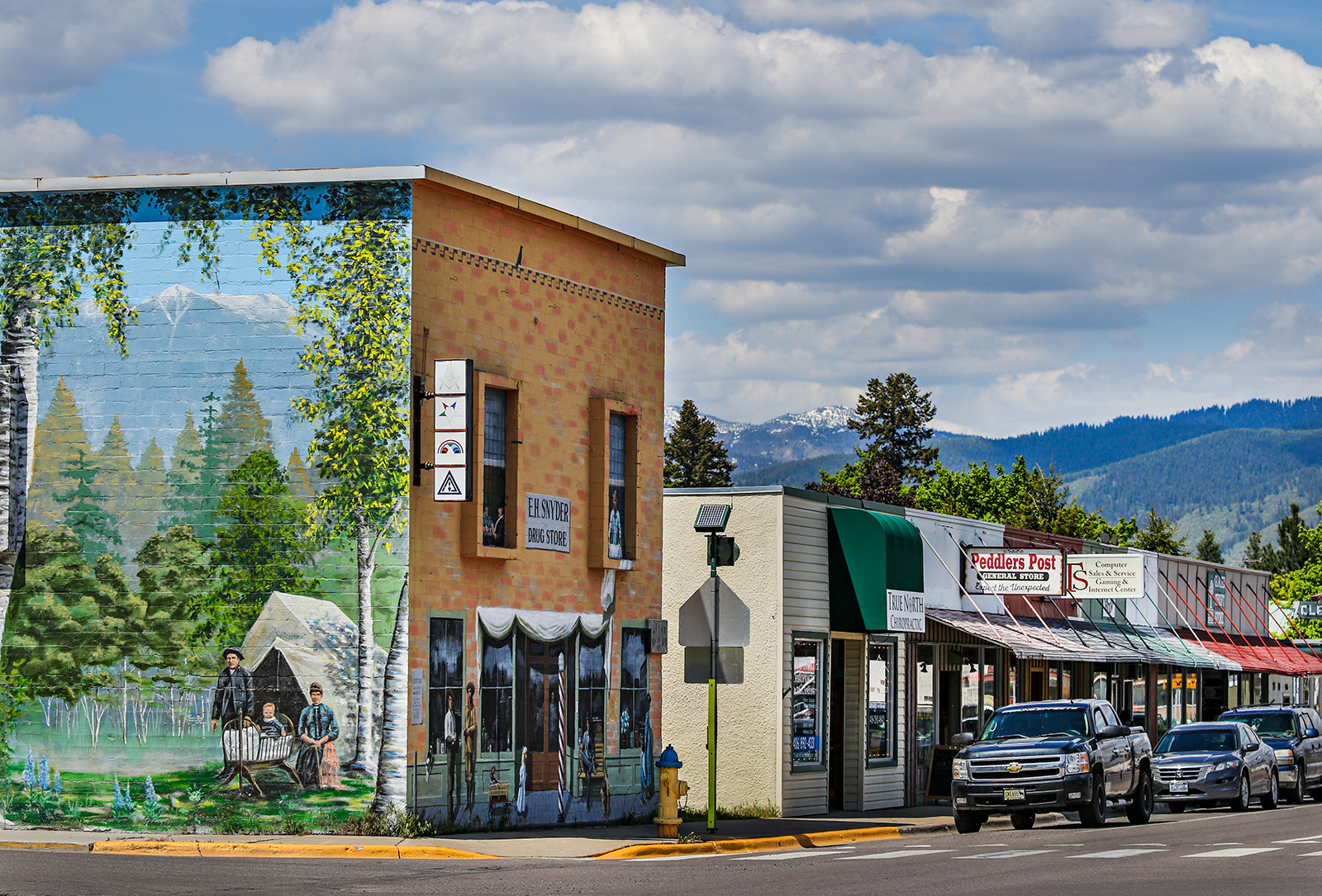In June 2020, residents in Columbia Falls voted in favor of a measure to implement a 3% resort tax within city limits for 20 years, with more than half the revenue slated to go toward public safety funding.
The new tax, which voters approved 768-670, was supposed to be implemented in late 2020, but the city council voted unanimously to delay it a year due to the ongoing impacts of COVID-19 public. October 1 marked the first day businesses began collecting the tax.
The resort tax calls for a 3% tax on non-essential “luxury” goods and services sold by businesses within city limits, while exempting a long list of “necessities of life,” with the goal of maximizing tourism dollars and minimizing impacts on local residents.
City officials estimate the tax will conservatively generate $450,000 a year, of which 5% will be set aside for administrative fees for businesses to reimburse them for their efforts. The rest of the tax revenue will be distributed as follows: 55% for public safety funding; 25% for property tax relief; 14% for public infrastructure funding; and 1% for city administration costs.
To be eligible for a resort tax, a town or area must meet certain population thresholds as well as demonstrate that a major portion of the economy is based on tourism. The Montana Department of Commerce told Columbia Falls in April 2019 that it qualified as a resort community.
“The fundamental idea behind resort taxes is to allow places with a high number of visitors, but relatively few residents, to manage the wear-and-tear on local infrastructure without overburdening local citizens,” the Department of Revenue states.
Exempted goods and services in Columbia Falls include appliances ranging from computers to vacuum cleaners to refrigerators, unprepared food items from supermarkets (except for soda and candy); hardware supplies and tools; lodging with rental periods over 30 days; medicine, medical supplies and health care services such as doctor and dentist appointments. Other exemptions include daily necessities such as diapers, cleaning supplies, soap, toilet paper, vitamins, auto parts, vehicles, gasoline and utilities.
Whitefish also has a resort tax, along with Red Lodge, Virginia City, West Yellowstone, Big Sky, Cooke City, Craig, Gardiner, St. Regis and Wolf Creek.
Polson voters rejected a proposal to initiate a resort tax in February, with 63.7% of voters opposing the measure. Because of population constraints, which define a resort town as an incorporated city with less than 5,500 residents, Polson may not have the chance to put another measure to voters, after the 2020 census showed a population of 5,148.
The Columbia Falls public safety dollars may be used for a new paid (instead of volunteer) fire department after city officials researched the issue and determined a resort tax would be a better funding mechanism than a bond.
